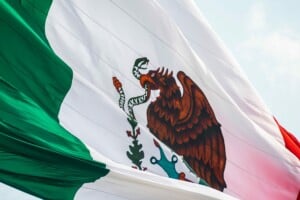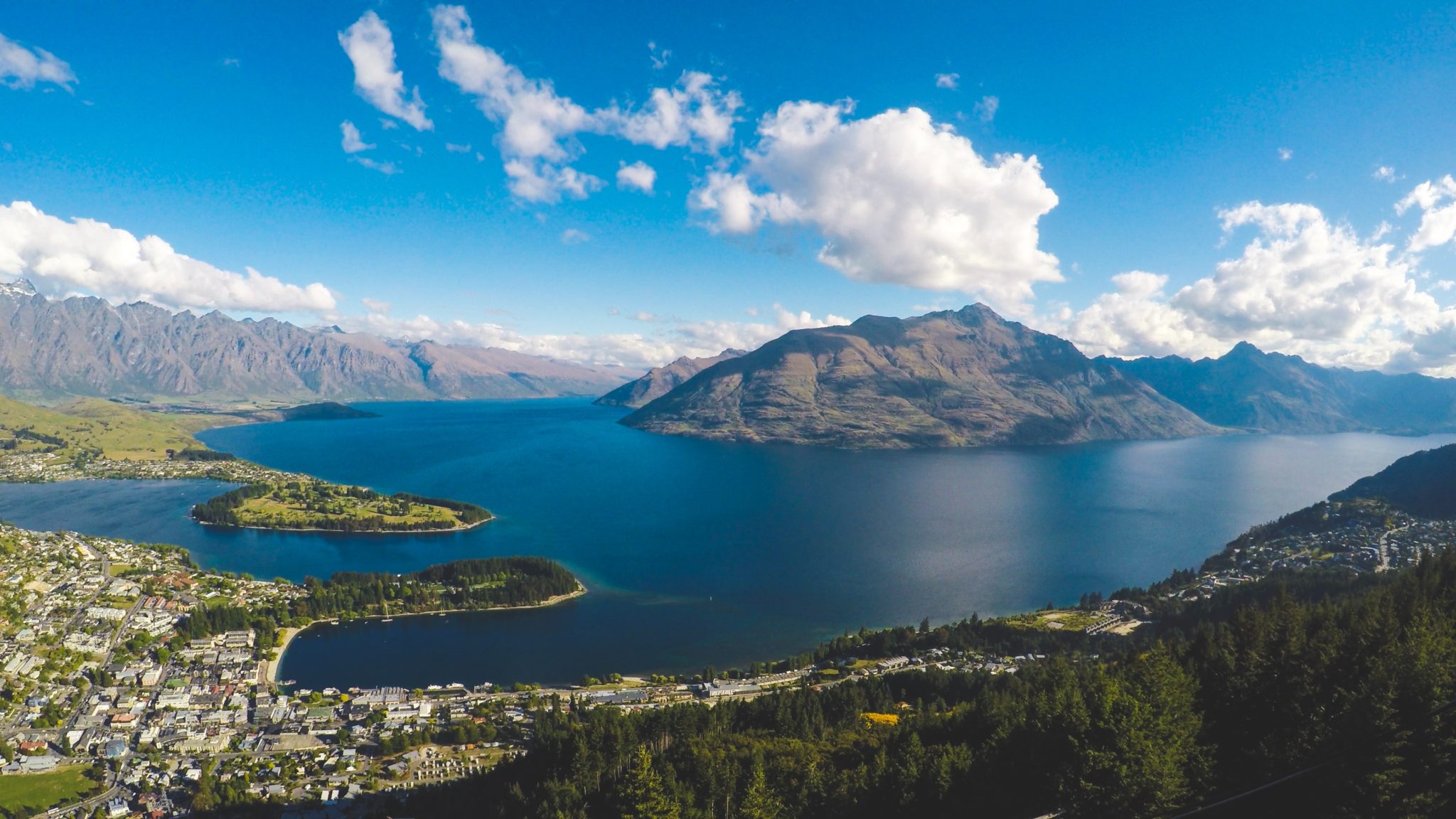New Zealand and Latin America trade relations are looking positive, as Asia’s regional growth slows and the keen agricultural exporter seeks to diversify its customers.
It’s no secret that New Zealand is in the middle of negotiating a trade deal with the Pacific Alliance. But what’s in store once New Zealand signs the dotted line?
The Pacific Alliance, made up of member countries Chile, Colombia, Mexico and Peru has the potential to become Latin America’s largest trade bloc. Find out what opportunities lie ahead for increased cooperation between these countries and their Pacific neighbor.
New Zealand-Pacific Alliance Trade – What is the Pacific Alliance?

Formed in 2011, the Pacific Alliance promotes regional integration between member countries. This includes the paring back of barriers to trade to develop stronger regional business relations. The Pacific Alliance wants to move towards purposeful and free “mobility of goods, services, resources and people.”
This deeper integration will encourage further domestic and regional growth for members, and shape healthy competitiveness between them.
To note is the Pacific Alliance’s influence on a regional and global scale. Collectively, it represents the eighth largest economy in the world. Its membership is just the tip of the iceberg; under the surface, the Pacific Alliance has 4 associate members and 53 actively participating observers.
New Zealand is currently an associate member of the Pacific Alliance, along with Canada, Singapore, and neighboring Australia. While associate members have insights into the growth, demands and trade benefits of the Pacific Alliance, they don’t have the same level of access to the markets as member countries.
New Zealand economic overview
New Zealand’s geographic isolation has shaped an economy dependent on high levels of international trade. New Zealand imports and exports reached over $76.1 billion and nearly $80 billion respectively in the year ending June 2018.
Core to its economy is a globally-recognized agricultural sector, producing quality dairy, meats, animal products, fruit, and wood. Main exports for New Zealand include cereal, beverages, seafood, machinery and aluminum. New Zealand’s focus on quality over quantity renders it highly competitive against global powers, despite its size.
The Island nation maintains the world’s fourth largest Exclusive Economic Zone (EEZ), which has great influence over its economy. Fishing is another powerful sector both domestically and as an export commodity.
Characteristic similarities with Pacific Alliance member economies
New Zealand and the Pacific Alliance share many similar interests and characteristics. Politically, the like-minded nations support open trade between partners. All are dependent on international trade and foreign business setting up on their shores. Mexico, for example, delivers 90% of its exports to countries it has established free trade agreements with.
Sharing the border to the Pacific Ocean has meant that fishing is again a popular industry for the five countries. However, agriculture, mining and manufacturing take top billing for the group’s main sectors overall.
Though the specialties of each country vary to some degree, these five countries have a lot to offer each other in supporting these important pillars of their economies. New Zealand’s world-class innovation in agricultural technology would prove inherently valuable for businesses in Colombia, for example.
Current two-way trade
Trade between New Zealand and Pacific Alliance members is modest but growing.
Current total trade between New Zealand and the Pacific Alliance member countries is shown in the table below. These figures (minus those for Peru) were taken from the New Zealand Ministry of Foreign Affairs and Trade (MFAT) website.
| Total trade ($NZ million) | Imports to New Zealand ($NZ million) | Exports from New Zealand ($NZ million) | |
| Chile | 229 (2016) | 101 | 128.4 |
| Colombia | 45 (2017) | 24 | 21 |
| Peru | 126.8 (2016) | 36.8 | 90 |
| Mexico | 736.4 (2016) | 269.3 | 467 |
New Zealand’s top exports to these countries in the same year as noted above are:
- Chile: dairy products, machinery, oil seeds
- Colombia: confectionary, technical instruments
- Peru: animal and food products
- Mexico: dairy products (casein, milk powder and meat, butter and other spreads).
And top imports from Pacific Alliance countries are:
- Chile: fruit and nuts, wood and wood pulp
- Colombia: beverages (coffee, tea, mate), spices
- Peru: leather, fruits, animal and vegetable fats and oils
- Mexico: medical devices, beverages and spirits, electric machinery and parts.

Trade opportunities lie ahead for the Kiwi powerhouse
The plateau in growth in the Asian region has kick-started New Zealand’s search for other markets to penetrate. New Zealand’s major export sectors have the opportunity to grow with its acceptance into the Pacific Alliance’s inner circle.
Currently, Pacific Alliance member countries make up 38% of Latin America’s GDP. Reduced barriers to trade for a collective economy this significant will be a great step for New Zealand in engaging with the region.
As all Pacific Alliance countries are experiencing steady economic growth, Kiwi expertise and quality goods can gain an expansive reach into largely untapped Latin American markets. As a developing region, Latin America’s needs – particularly in supplying its growing middle classes – offer lucrative opportunities for New Zealand businesses.
Invest early and reap the rewards
Large booms are on the horizon for Latin America’s growing industries. Businesses looking to expand into Latin America anticipate great potential for doing so with a New Zealand-Pacific Alliance trade agreement.
We can help
Although New Zealand is one of the world’s freest economies, it’s important to get help expanding into new territory. We can help make sure your commercial expansion runs as smoothly as possible.
Biz Latin Hub provides personalized business solutions in due diligence, commercial representation, and recruitment, among other services. Our New Zealand team offers expert support to ensure a smooth transition into the country.
Contact us today and we’ll help you design a strategy to capitalize on New Zealand’s investor-friendly landscape.





